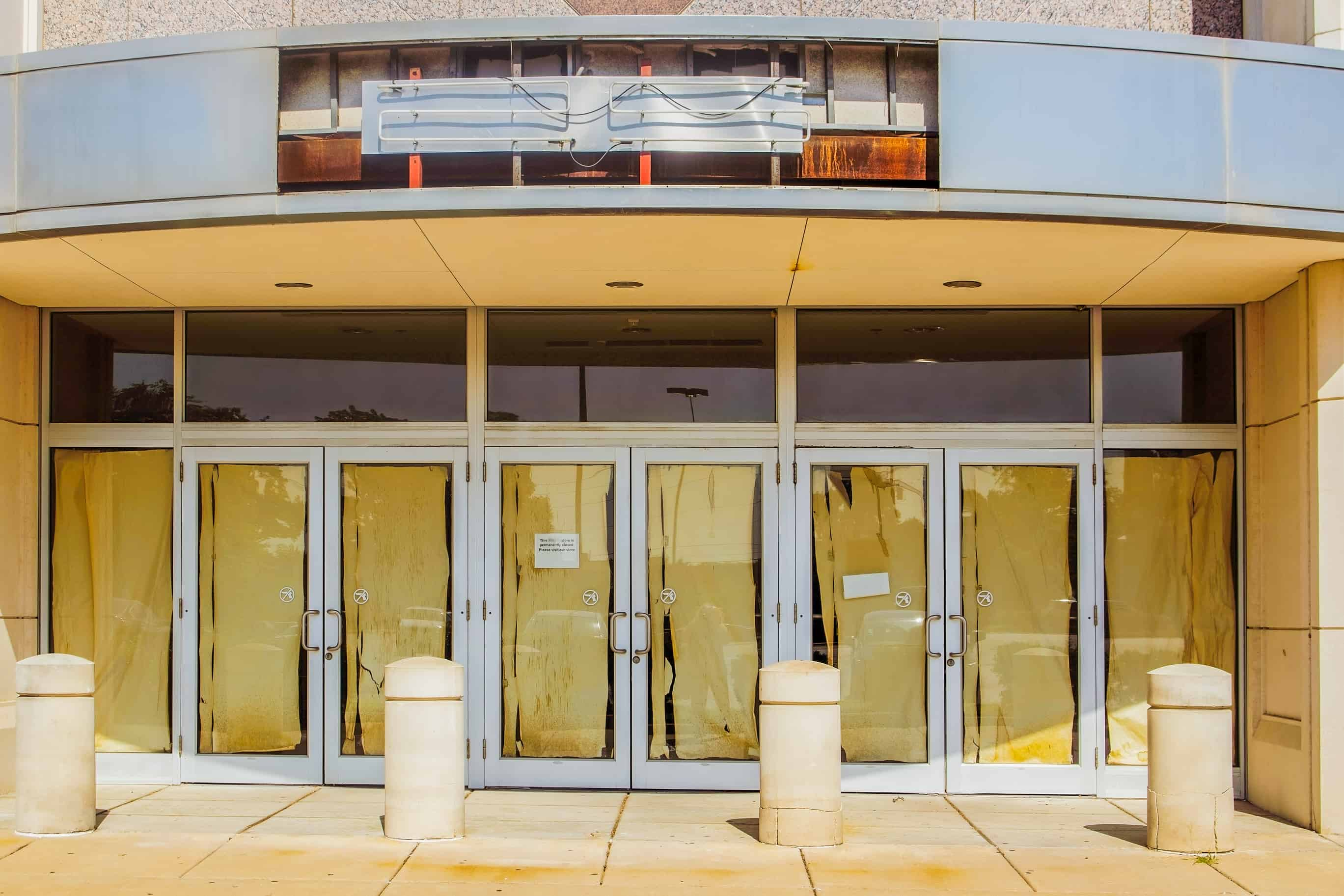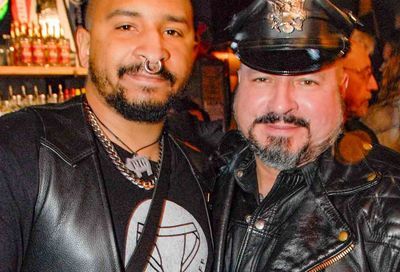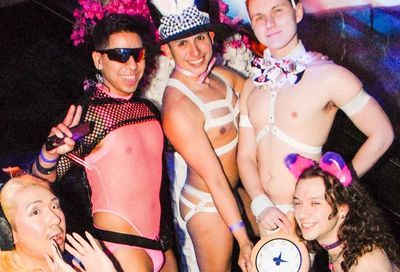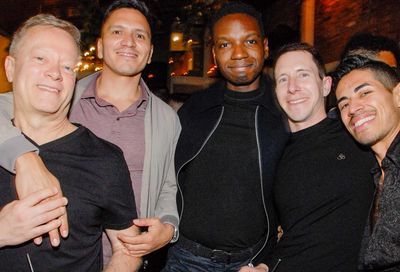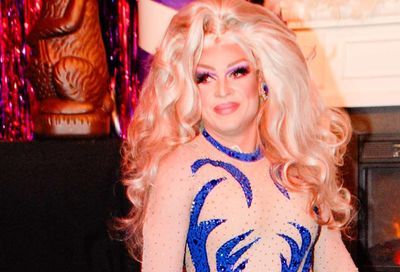D.C. to stop requiring proof of vaccination for bars
The city will also lift its mask mandate for bars, restaurants, gyms, entertainment venues, and retail establishments starting March 1.

D.C. bars and restaurants, including the District’s dozen or so LGBTQ bars, will no longer be required to ask for proof of vaccination from patrons, as the District of Columbia amends its current safety protocols in response to a decrease in the number of COVID cases, city officials announced on Monday.
The District first introduced a requirement that patrons provide proof of vaccination on Jan. 15, in response to a rising number of COVID-19 infections that began in the final months of 2021. Most of those new infections were attributed to the disease’s highly contagious omicron variant, which can infect even those people who have been vaccinated against the original COVID-19 strain.
In an effort to try to curb infections and limit the spread of the virus as much as it could, the District decided to impose the proof of vaccination requirement, under which patrons of bars, restaurants, nightclubs, and indoor gathering spaces were required to show proof they had received at least one dose of vaccine in order enter the premises.
Originally, the District had planned to amend those guidelines after a month, which would have required patrons to provide proof they’d received two doses of vaccine starting on Feb. 15. But in a Monday press conference with officials from DC Health, the district’s top health agency, Mayor Muriel Bowser announced that the vaccine requirement would be scrapped starting on Tuesday, Feb. 15.
Individual venues or businesses whose owners wish to require proof of vaccination are within their rights to refuse service to those who do not present their vaccine cards, but the District government will not be enforcing that requirement — except in cases where patrons threaten violence, create disturbances, or trespass at businesses requiring vaccine cards, at which point the Metropolitan Police Department may intercede to keep order.
Vaccination will continue to be required for D.C. government employees and health care workers.
Bowser also said during the press conference that she would not be extending the indoor mask mandate, originally imposed in December, when it expires on Feb. 28.
Starting March 1, masks will no longer be required at restaurants, bars, sports and entertainment venues, gyms, recreation centers, houses of worship, grocery stores, retail establishments, businesses, or parts of the D.C. government that do not regularly interact with the public.
Masks will continue to be required after March 1 in government facilities that interact with the public, such as the Department of Motor Vehicles, in public transit, taxis, rideshare vehicles, and in health care and medical facilities; nursing homes and assisted living facilities; shelters, dorms, and correctional facilities; schools and libraries; and any private business that wishes to require the use of masks by its employees or customers.
Dr. LaQuandra Nesbitt, the director of DC Health, noted that public health officials are still advising people to wear masks indoors where large gatherings of people increase the likelihood of COVID-19 transmission.
The relaxing of the District’s COVID-related restrictions was brought about, in part, due to declining numbers of reported cases of COVID-19 infections. A month ago, when the mandate took effect, the weekly case rate was 1,532 cases per 100,000 population, and the daily case rate was 218.9 cases per 100,000 population. Since then, the number of cases has dropped precipitously, falling to 152.7 cases per 100,000 population weekly and 21.8 cases per 100,000 population daily.
Hospitalizations due to COVID-19 have risen slightly over the past month, but remain relatively low, with only 5.6% of all COVID-19 cases requiring hospitalization. Vaccination rates in the District have ticked up slightly during the past month as well, with 69.1% of the total population now fully vaccinated, and 93% of residents having received at least one dose of vaccine.
In her news conference, Bowser attributed the decline in cases and hospitalizations to the stringent — and frequently criticized — measures that D.C. introduced to curb the virus’s spread, as well as successful efforts by city officials to encourage residents to get vaccinated and boosted.
She and Nesbitt said that the mandate had achieved its desired effect, with the city administering more than 50,000 vaccinations in the three weeks following the mayor’s December announcement warning residents that the vaccine mandate would begin to be enforced in January.
Bowser noted in a tweet that since the height of the omicron wave last year, the number of COVID-19 cases has dropped by more than 90% and hospitalizations overall have dropped by 95%.
But the mayor also warned that if the number of new cases begins to rise again, she wouldn’t hesitate to reinstate mask or vaccine mandates. “I don’t think any of us can say here that there won’t be other variants that would require us to do something different,” she said.
According to Nesbitt, the District of Columbia will also close its firehouse testing sites on Feb. 26, replacing them with COVID-19 testing centers across the city, with one in each ward. Each testing center will be open 7 days a week, with flexible schedules, including staying open until 8 or 9 p.m. on some evenings, and will provide testing, vaccines, and boosters to those who need COVID-related services.
At the time Bowser’s vaccine mandate went into effect, many of the city’s LGBTQ establishments had already required patrons to show proof of vaccination, with those few that did not already screen patrons choosing to comply with the mandate.
The District’s nightlife community largely embraced the mandate, which served as a better alternative than the capacity limits and service restrictions that had been imposed by government officials in 2020 at the beginning of the global pandemic.
Many bar owners and restauranteurs have since complained that their businesses have not yet recovered from the financial hits they suffered during that year, which left some less financially stable establishments with no better option than to close.
Others say they continue to worry that the existence of vaccine or mask mandates — at a time when Maryland and Virginia have effectively dispensed with theirs — simply leads people to patronize bars or restaurants outside the District, further hampering the hospitality industry’s recovery.
“I think that the general reaction among the nightlife hospitality community is one of great relief, even among businesses had self-initiated a vaccine mandate in advance of the citywide requirements,” Mark Lee, coordinator of the DC Nightlife Council, a local nonprofit trade association representing bars, restaurants, nightclubs and entertainment venues, told Metro Weekly. “Even the very small number of those had done that, and may continue to do so moving forward, I think support the lifting of the mandate, because it clearly should be a decision by the business, especially as the situation has become more endemic than pandemic.
“It may have come as a surprise to some in the public about the lifting of the mandate, but that just meant that they weren’t paying attention, because of nearly all of the few cities that have imposed a vaccine mandate have announced that they’re getting rid of them,” he added.
“I think that the more compelling viewpoint is that in D.C. and the metropolitan area, we have an extraordinarily high rate of vaccination. And given that the incidence of severe illness or hospitalization is confined to those who are not vaccinated, there was little reason other than the theatrical to continue to impose a vaccine mandate, and eventually in a couple of weeks, a mask mandate,” Lee said. “When we’re the only jurisdiction in the metropolitan region imposing a vaccine mandate, it has had a negative impact on business at many establishments, particularly bars and nightclubs.”
Support Metro Weekly’s Journalism
These are challenging times for news organizations. And yet it’s crucial we stay active and provide vital resources and information to both our local readers and the world. So won’t you please take a moment and consider supporting Metro Weekly with a membership? For as little as $5 a month, you can help ensure Metro Weekly magazine and MetroWeekly.com remain free, viable resources as we provide the best, most diverse, culturally-resonant LGBTQ coverage in both the D.C. region and around the world. Memberships come with exclusive perks and discounts, your own personal digital delivery of each week’s magazine (and an archive), access to our Member's Lounge when it launches this fall, and exclusive members-only items like Metro Weekly Membership Mugs and Tote Bags! Check out all our membership levels here and please join us today!




